The Ontario Northland organization she leads as CEO provides freight and passenger rail service, intercommunity bus services, and locomotive, passenger and freight car repair and remanufacturing services. Moore says those services boost the quality of life and ease of doing business in northern Ontario and communities on the coast of the James Bay where Ontario Northland is the only all-season land link.
“I take our role seriously,” Moore says. “Our mandate is to support the development and sustainability of the North. Connecting people and businesses to Toronto and the North American rail network is critical to our mandate.”
The provincial agency has a new lease on life after politicians considered dismantling and selling its assets as recently as 2014. The province did sell the agency’s communications arm, Ontera, in 2015. Moore describes the new life for Ontario Northland in terms of “change leadership,” which she plans to address in detail as the keynote speaker for the annual Wheel Rail Interaction conference in Chicago on May 2.
On the railroad side of the business, change leadership means innovative intermodal freight hubs, implementing technology to automate processes and advance decision-making, and capital investments to significantly increase asset utilization and task completion time. For example, buying and using a portable wheel lathe that can true locomotive wheels in the field, meaning just a day of downtime for a locomotive, rather than three to four when the agency trued wheels only in one shop on the 700-plus-mile network. This means better reliability for First Nation communities who depend on the rail service for freight and parcel deliveries, as well as forestry, agriculture, and mining firms that may be in business only because of the service Ontario Northland offers.
“What we’ve learned is that change isn’t scary,” she says. “The value of that is we will continue to change.”
Moore also brought change to Ontario Northland’s strategic planning, working with a board of commissioners and executives to develop a 10-year capital spending plan allowing the organization the ability to tender construction and maintenance projects for three-to-five-year terms rather than one year at a time — gaining a 20-percent savings right off the bat.
“You can take that savings, or do more renewal” of the property, Moore says. So far, she seems inclined to reinvest in key areas of the organization to make all services more reliable.
According to Ontario Northland’s 2016-2017 annual report, locomotive and railcar repair added a little more than $4.1million to the agency’s bottom line and included, “repairs to hundreds of freight cars, locomotive engine overhauls, and an 11-car refurbishment contract from CANARAIL to refurbish Rocky Mountaineer luxury passenger rail cars.”
It’s stable business that isn’t dependent on commodity prices, good weather, or outside investors, which plays into the CEO’s hands.
“If you’re not nimble, you risk being not relevant to your customers,” Moore says.
Even better, between retirements and new work, Ontario Northland needed to hire more than 200 more workers in the last two and a half years. Between all its divisions, Moore is proud to say the agency, which Ontario founded in 1902, has recently hired fifth-generation employees to add to its 700-plus person skilled workforce.
And why, you might ask, should any or all of Moore’s impressive turnaround story matter to railroaders, much less railroaders, maintenance folks, and suppliers focused on the science of wheel-rail interaction?
Silos.
For more than a century, railroads have depended on separate operating, maintenance, and engineering divisions whose workers and leaders too infrequently communicate with one another, leaving them in a proverbial “silo.” To keep trains on tracks and moving at their most efficient and safest, railroaders need to do more than read each others’ notes, they need to talk to each other — a perennial message at Wheel Rail Interaction.
“I’m proud to say, I don’t think that silos exist anymore,” Moore says of Ontario Northland. “Even in a technical conference, there is value in leadership.”
More information on the Wheel Rail Interaction conference is available online.





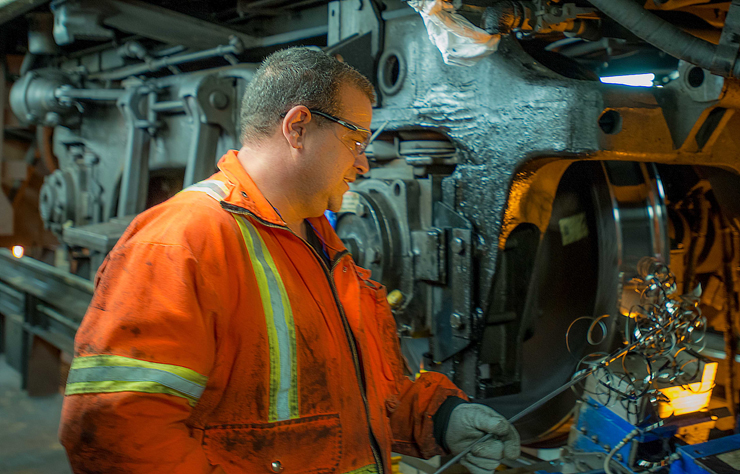
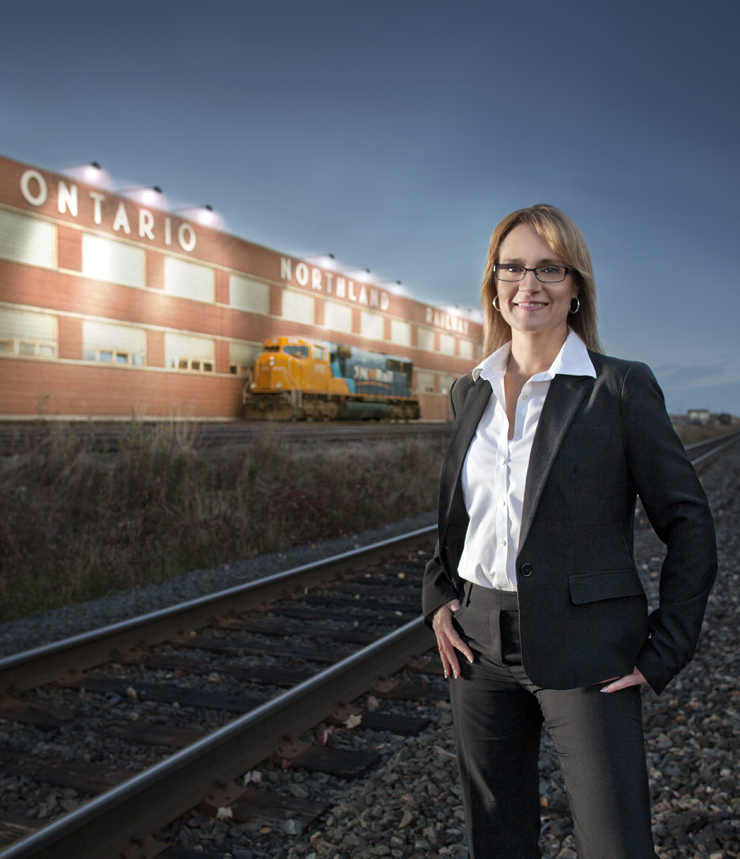

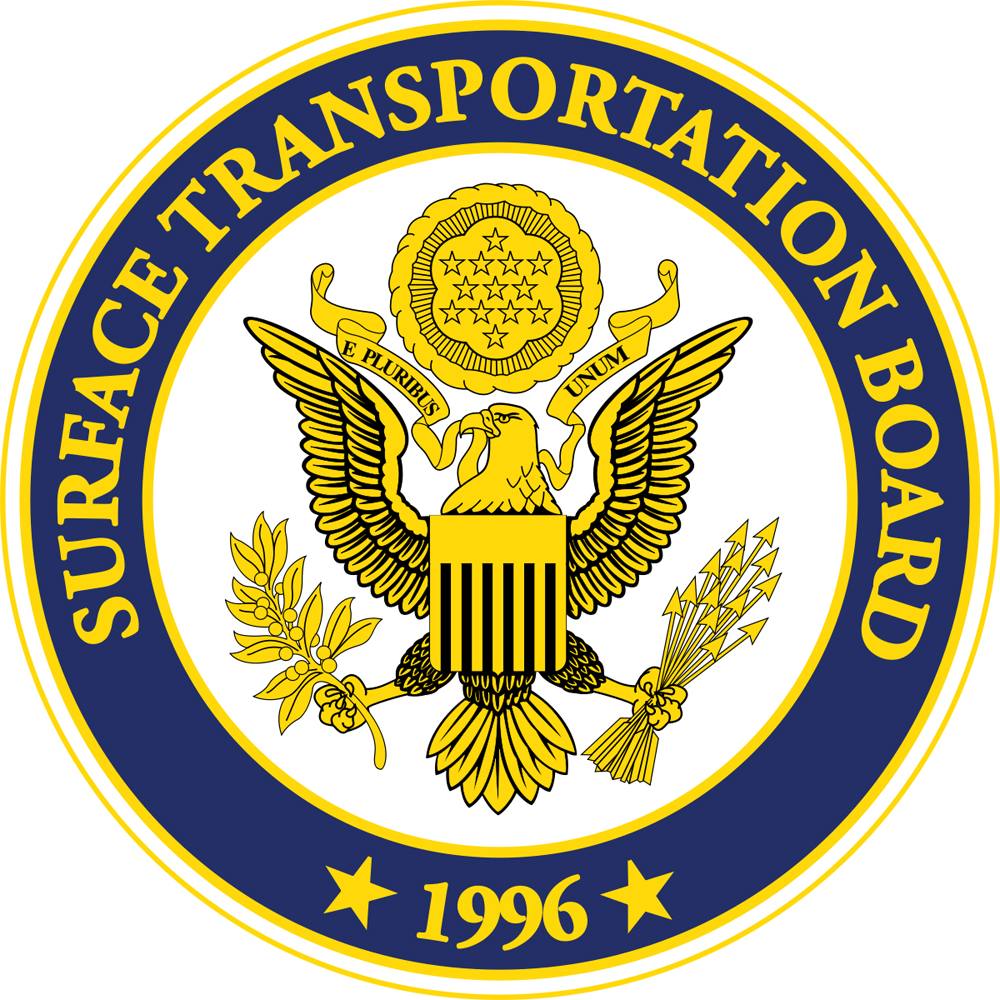
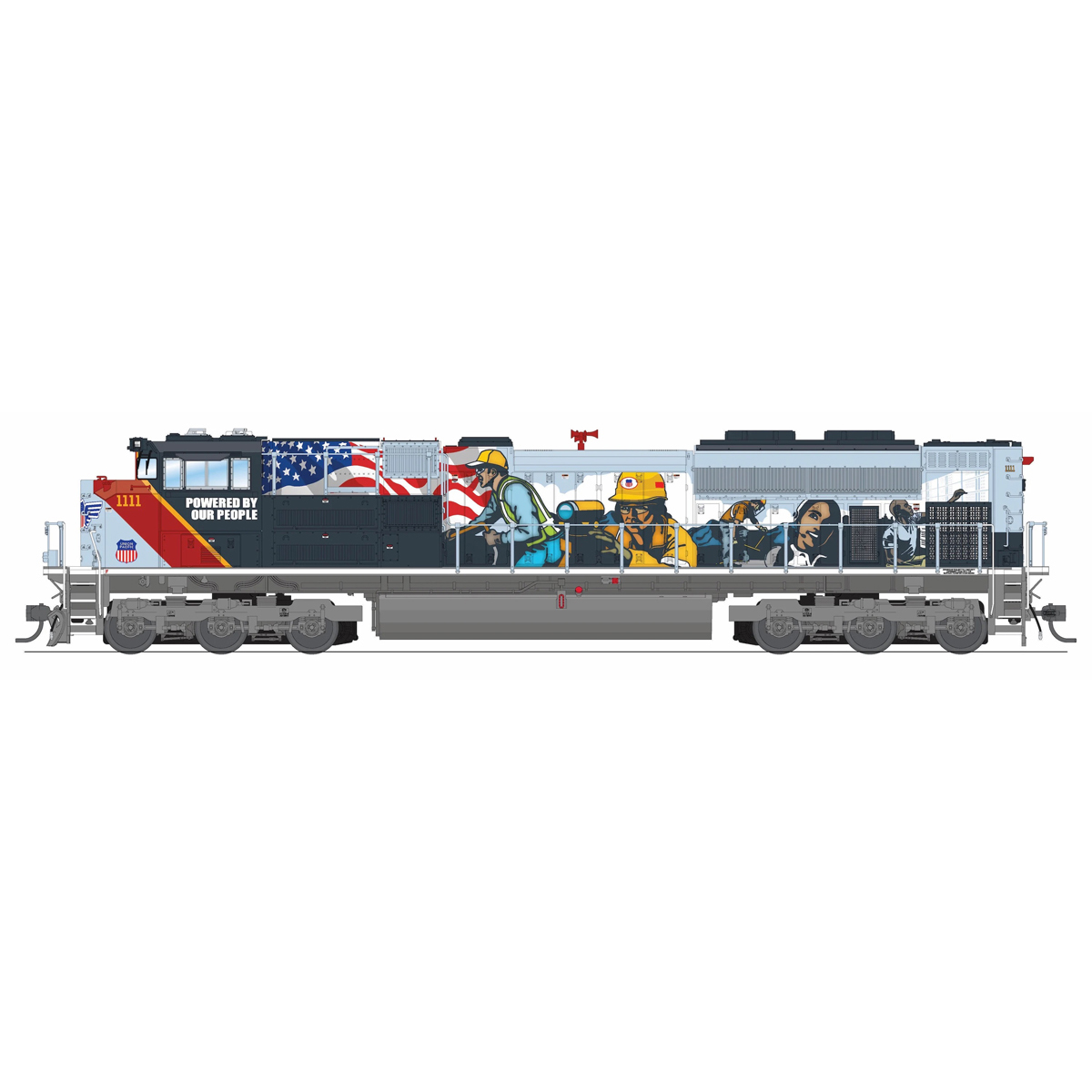
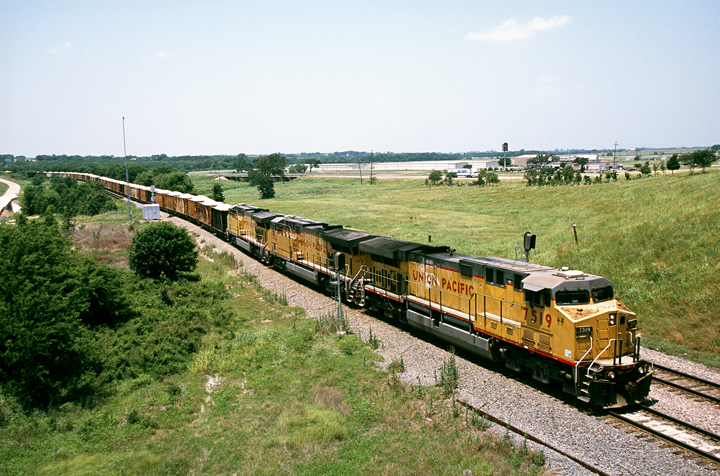





I agree with Scott CSX could learn a thing or too from Corina Moore , they need to dump the Hunter Harriison way of thinking and maybe just maybe they need a women at the controls , it couldn,t hurt sounds like she got it all together, way to go Ms. Moore.
Sharp lady. CSX should hire her as CEO to turn their mess around.
What a way to run a railroad, really this sounds like a well run organization.